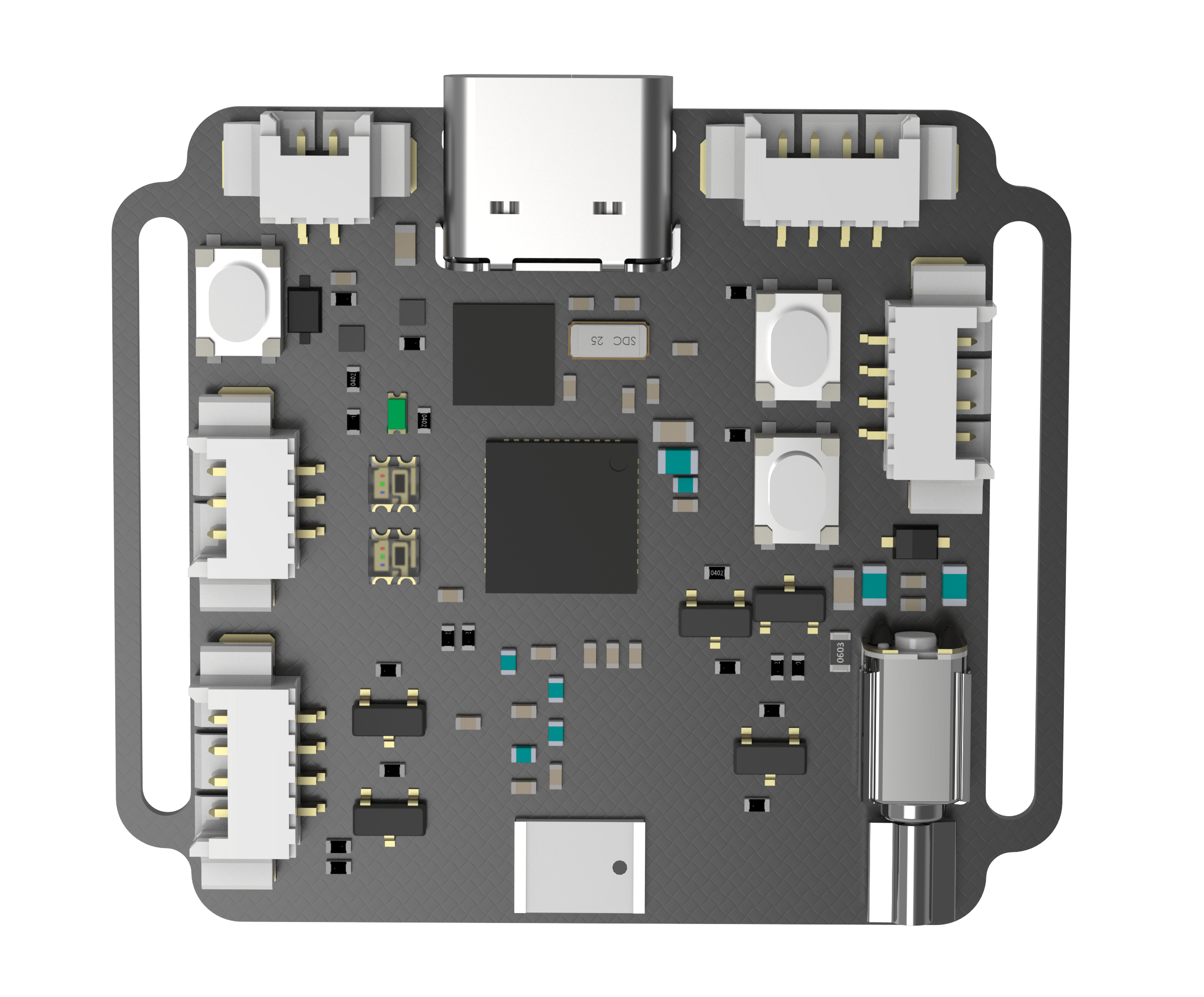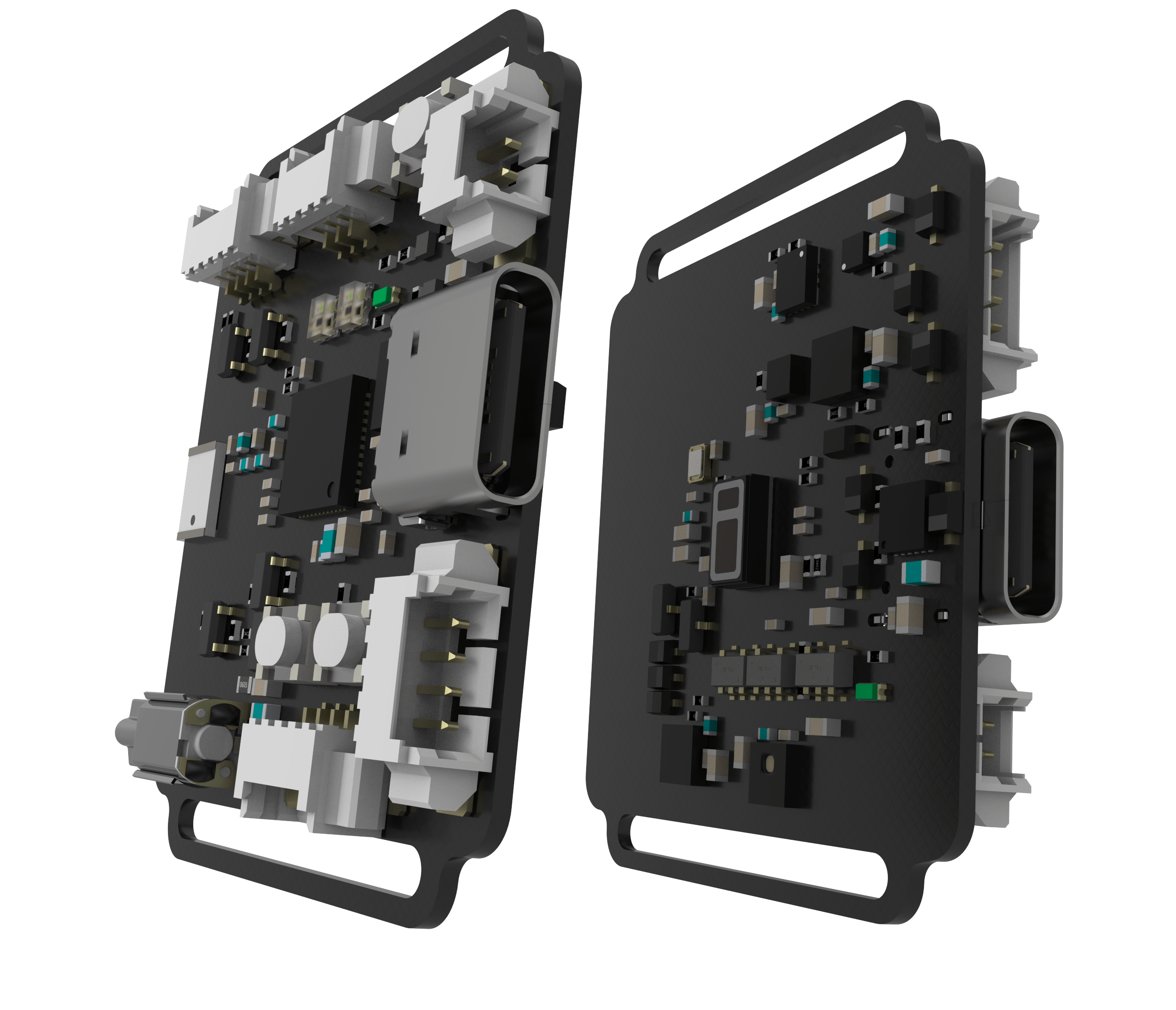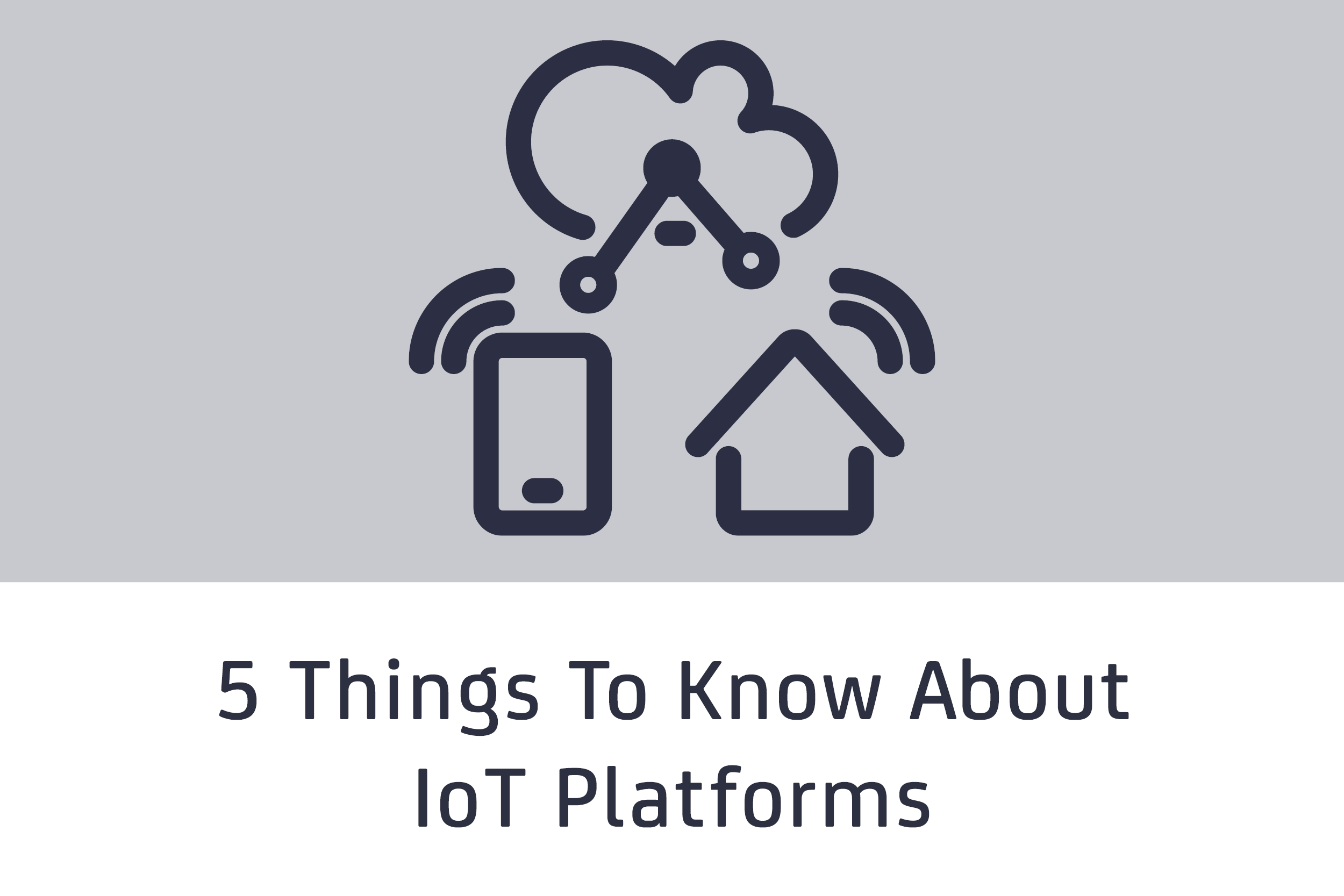SSH IoT Platform: The Ultimate Guide To Revolutionizing Connectivity
Are you ready to dive into the world of SSH IoT platforms? This technology is more than just a buzzword; it’s a game-changer in how devices communicate and interact. Whether you’re a tech enthusiast, a business owner, or someone curious about the future of connectivity, this guide has got you covered. We’ll break down everything you need to know about SSH IoT platforms, from the basics to advanced applications. So, buckle up and let’s get started!
Nowadays, the Internet of Things (IoT) is everywhere. It’s not just about smart fridges or fitness trackers anymore. Businesses are leveraging IoT to streamline operations, improve efficiency, and enhance customer experiences. But here’s the deal: all these connected devices need a secure and reliable way to communicate. That’s where SSH IoT platforms come in. They act like the digital glue holding everything together.
But why should you care? Well, if you’re looking to future-proof your business or simply want to understand the tech behind modern connectivity, SSH IoT platforms are worth exploring. They offer a secure, scalable, and efficient solution for managing IoT devices. So, whether you’re building a smart home, a smart factory, or even a smart city, this guide will give you the insights you need to make informed decisions.
- Dayz Hacks Unlocking The Secrets Of Survival In A Postapocalyptic World
- Dawn Staleys Husband Name The Story Behind The Legend
What Exactly is an SSH IoT Platform?
Let’s start with the basics. SSH stands for Secure Shell, and it’s a protocol used to securely connect to remote devices. When we talk about SSH IoT platforms, we’re referring to systems that use SSH to manage and secure IoT devices. Think of it as a digital fortress protecting your devices from cyber threats while enabling seamless communication.
These platforms are designed to handle the unique challenges of IoT, such as managing large numbers of devices, ensuring data security, and providing real-time monitoring. They offer features like encryption, authentication, and automation, making them indispensable for anyone working with IoT.
Here’s a quick rundown of what an SSH IoT platform does:
- Oj Simpson Dead Daughter The Untold Story
- Colin Cowherd Wife Pics The Inside Story Yoursquove Been Waiting For
- Secures device communication using encryption
- Authenticates devices to prevent unauthorized access
- Monitors device activity in real-time
- Automates tasks like firmware updates and configuration changes
- Provides detailed analytics and reporting
And the best part? These platforms are scalable, meaning they can grow with your business. Whether you have ten devices or ten thousand, an SSH IoT platform can handle it all.
Why SSH is Crucial for IoT Security
Security is a big deal when it comes to IoT. With billions of devices connected to the internet, the risk of cyber attacks is higher than ever. That’s why SSH is such a crucial component of IoT platforms. It provides a secure channel for device communication, protecting sensitive data from prying eyes.
Here are some key benefits of using SSH for IoT security:
- Encryption: SSH encrypts all data transmitted between devices, making it unreadable to anyone who intercepts it.
- Authentication: SSH ensures that only authorized devices can connect to the network, reducing the risk of unauthorized access.
- Integrity: SSH verifies that data has not been tampered with during transmission, ensuring its accuracy and reliability.
- Non-repudiation: SSH provides proof of who sent the data, preventing disputes over responsibility.
By incorporating SSH into IoT platforms, businesses can significantly reduce the risk of cyber attacks and protect their valuable data.
Benefits of Using an SSH IoT Platform
Now that we’ve covered the basics, let’s talk about the benefits of using an SSH IoT platform. These platforms offer a wide range of advantages that make them a must-have for anyone working with IoT.
1. Enhanced Security
As we’ve already discussed, SSH provides robust security features that protect IoT devices from cyber threats. This is especially important in industries like healthcare, finance, and government, where data security is paramount.
2. Scalability
SSH IoT platforms are designed to handle large numbers of devices, making them ideal for businesses of all sizes. Whether you’re managing a small fleet of sensors or a massive network of devices, these platforms can scale to meet your needs.
3. Automation
Automation is a key feature of SSH IoT platforms. They can automate tasks like firmware updates, configuration changes, and data backups, saving you time and reducing the risk of human error.
4. Real-Time Monitoring
These platforms offer real-time monitoring capabilities, allowing you to keep an eye on your devices and networks at all times. This helps you identify and address issues before they become major problems.
5. Detailed Analytics
SSH IoT platforms provide detailed analytics and reporting, giving you insights into device performance, network health, and more. This data can help you make informed decisions and optimize your operations.
How SSH IoT Platforms Work
So, how exactly do SSH IoT platforms work? At a high level, they use the SSH protocol to establish secure connections between devices. Here’s a step-by-step breakdown of the process:
- Device authentication: The platform verifies the identity of each device before allowing it to connect to the network.
- Connection establishment: Once authenticated, the platform establishes a secure connection between devices using SSH.
- Data encryption: All data transmitted between devices is encrypted to ensure its security.
- Real-time monitoring: The platform continuously monitors device activity and network performance.
- Automation: The platform automates routine tasks like firmware updates and configuration changes.
- Analytics: The platform collects and analyzes data to provide insights into device performance and network health.
This process ensures that your devices are secure, efficient, and easy to manage.
Key Features of SSH IoT Platforms
Now that we understand how SSH IoT platforms work, let’s take a closer look at their key features. These platforms offer a wide range of capabilities that make them indispensable for managing IoT devices.
1. Device Management
SSH IoT platforms provide comprehensive device management capabilities, allowing you to monitor, configure, and update devices from a central location. This simplifies the management of large numbers of devices and reduces the risk of errors.
2. Security Features
These platforms offer robust security features, including encryption, authentication, and access control. They help protect your devices and data from cyber threats and ensure compliance with industry regulations.
3. Automation
Automation is a key feature of SSH IoT platforms. They can automate tasks like firmware updates, configuration changes, and data backups, saving you time and reducing the risk of human error.
4. Real-Time Monitoring
SSH IoT platforms offer real-time monitoring capabilities, allowing you to keep an eye on your devices and networks at all times. This helps you identify and address issues before they become major problems.
5. Analytics and Reporting
These platforms provide detailed analytics and reporting, giving you insights into device performance, network health, and more. This data can help you make informed decisions and optimize your operations.
Choosing the Right SSH IoT Platform
With so many SSH IoT platforms on the market, choosing the right one can be overwhelming. Here are some factors to consider when making your decision:
- Security features: Look for a platform that offers robust security features, including encryption, authentication, and access control.
- Scalability: Make sure the platform can handle the number of devices you plan to manage, both now and in the future.
- Automation: Consider a platform that offers automation capabilities to save you time and reduce the risk of errors.
- Real-time monitoring: Choose a platform that provides real-time monitoring capabilities to help you identify and address issues quickly.
- Analytics and reporting: Look for a platform that offers detailed analytics and reporting to give you insights into device performance and network health.
By considering these factors, you can find an SSH IoT platform that meets your needs and helps you achieve your goals.
Use Cases for SSH IoT Platforms
SSH IoT platforms have a wide range of use cases across various industries. Here are some examples:
1. Smart Homes
SSH IoT platforms can be used to manage smart home devices like thermostats, lighting systems, and security cameras. They provide a secure and reliable way to connect and control these devices, enhancing convenience and safety.
2. Industrial IoT
In the industrial sector, SSH IoT platforms are used to manage large numbers of sensors and machines. They help optimize operations, reduce downtime, and improve efficiency.
3. Healthcare
In healthcare, SSH IoT platforms are used to manage medical devices like pacemakers, insulin pumps, and remote monitoring systems. They ensure the security and reliability of these devices, protecting patient data and improving care.
4. Smart Cities
SSH IoT platforms are also used in smart city applications, such as traffic management, waste management, and public safety. They help improve the efficiency and sustainability of urban environments.
Challenges and Solutions in SSH IoT Platforms
While SSH IoT platforms offer many benefits, they also come with challenges. Here are some common challenges and solutions:
1. Complexity
Challenge: SSH IoT platforms can be complex to set up and manage.
Solution: Look for platforms with user-friendly interfaces and comprehensive documentation. Consider hiring a consultant or training your team to ensure proper implementation.
2. Cost
Challenge: SSH IoT platforms can be expensive, especially for small businesses.
Solution: Consider open-source or cloud-based platforms that offer more affordable pricing options. Also, evaluate the long-term benefits and ROI of the platform.
3. Compatibility
Challenge: Not all devices are compatible with SSH IoT platforms.
Solution: Choose a platform that supports a wide range of devices and protocols. Also, consider upgrading or replacing incompatible devices if necessary.
Future Trends in SSH IoT Platforms
The world of SSH IoT platforms is constantly evolving, with new trends and innovations emerging all the time. Here are some future trends to watch out for:
- Artificial intelligence: AI will play a bigger role in SSH IoT platforms, enabling more advanced automation and analytics capabilities.
- Edge computing: Edge computing will become more prevalent, allowing devices to process data locally and reducing latency.
- 5G networks: The rollout of 5G networks will enhance the capabilities of SSH IoT platforms, enabling faster and more reliable communication.
- Blockchain: Blockchain technology may be used to enhance the security and transparency of SSH IoT platforms.
By staying ahead of these trends, you can ensure that your SSH IoT platform remains relevant and effective in the years to come.
Conclusion
SSH IoT platforms are a powerful tool for managing and securing IoT devices. They offer enhanced security, scalability, automation, real-time monitoring, and detailed analytics, making them indispensable for anyone working with IoT. By choosing the right platform and addressing common challenges, you can unlock the full potential of your IoT devices and achieve your business goals.
So, what are you waiting for? Dive into the world of SSH IoT platforms and start revolutionizing your connectivity today! And don’t forget to leave a comment or share this article if you found it helpful. Who knows? You might just inspire someone else to join the IoT revolution!
Table of Contents
- What Exactly is an SSH IoT Platform?
- Why SSH is Crucial for IoT Security
- Benefits of Using an SSH IoT Platform
- How SSH IoT Platforms Work
- Key Features of SSH IoT Platforms
- Choosing the Right SSH IoT Platform
- Use Cases for SSH IoT Platforms
- Challenges and Solutions in SSH IoT Platforms
- Future Trends in SSH IoT Platforms
- Conclusion
Article Recommendations
- Inguagiato Noelle A Rising Star In The Spotlight
- Where Does Shayanna Jenkins Live Now The Latest Updates You Need To Know



Detail Author:
- Name : Emie Ferry II
- Username : ferry.marquise
- Email : mertie.wehner@hotmail.com
- Birthdate : 1977-03-17
- Address : 8032 Schaefer Gateway Goyetteland, WA 56591-3423
- Phone : +1.830.746.6576
- Company : Conn, Gleason and Jacobi
- Job : Transit Police OR Railroad Police
- Bio : Ut rerum quia aliquam aut molestiae rerum nihil. Iusto rem quis quisquam illo. In earum exercitationem odio reiciendis.
Socials
linkedin:
- url : https://linkedin.com/in/alberto_hyatt
- username : alberto_hyatt
- bio : Repudiandae nihil sunt numquam provident.
- followers : 3444
- following : 1719
instagram:
- url : https://instagram.com/alberto287
- username : alberto287
- bio : Impedit ut voluptas deleniti. Eum in unde et minima.
- followers : 2707
- following : 2432
tiktok:
- url : https://tiktok.com/@alberto.hyatt
- username : alberto.hyatt
- bio : Ipsa quis minima corporis voluptatem quidem tempore.
- followers : 4650
- following : 24
facebook:
- url : https://facebook.com/hyatt1986
- username : hyatt1986
- bio : Officia excepturi totam ea est voluptatem qui temporibus. Tempore nam vel non.
- followers : 2539
- following : 549